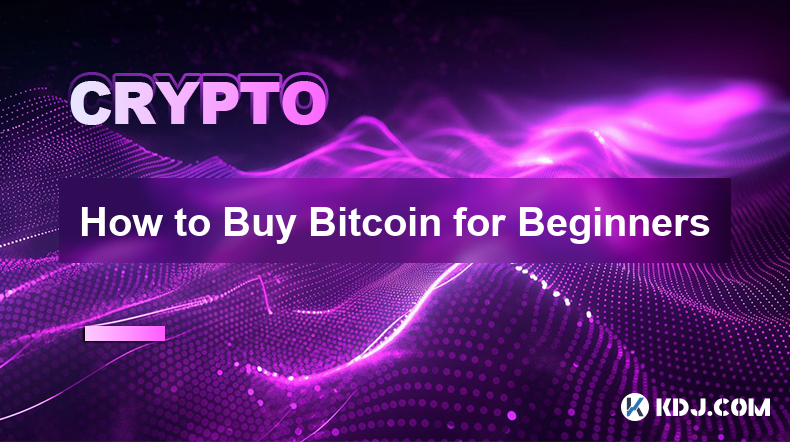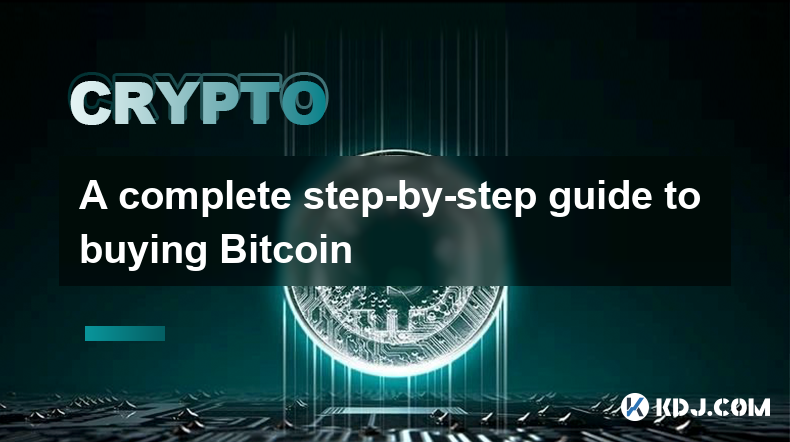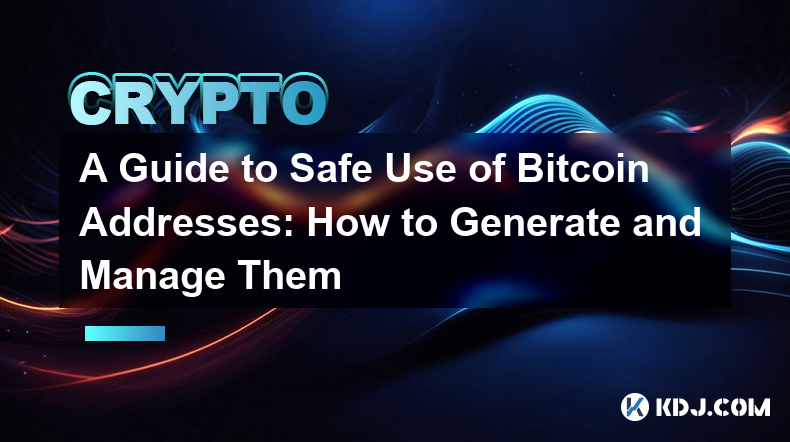-
 Bitcoin
Bitcoin $96,423.2361
-1.98% -
 Ethereum
Ethereum $2,687.4326
-2.59% -
 XRP
XRP $2.5818
-3.06% -
 Tether USDt
Tether USDt $0.9998
-0.03% -
 BNB
BNB $655.8685
0.40% -
 Solana
Solana $171.1929
-2.80% -
 USDC
USDC $1.0000
0.01% -
 Dogecoin
Dogecoin $0.2440
-3.60% -
 Cardano
Cardano $0.7663
-4.19% -
 TRON
TRON $0.2378
-4.96% -
 Chainlink
Chainlink $17.4954
-4.50% -
 Sui
Sui $3.3455
-4.52% -
 Avalanche
Avalanche $24.8717
-1.21% -
 Stellar
Stellar $0.3278
-3.39% -
 Litecoin
Litecoin $129.5275
-3.78% -
 Hedera
Hedera $0.2157
-1.77% -
 Toncoin
Toncoin $3.6223
1.02% -
 UNUS SED LEO
UNUS SED LEO $9.7265
-0.20% -
 Shiba Inu
Shiba Inu $0.0...01523
-2.39% -
 Hyperliquid
Hyperliquid $24.7464
-2.04% -
 Polkadot
Polkadot $5.0989
0.41% -
 MANTRA
MANTRA $7.5112
-1.79% -
 Bitcoin Cash
Bitcoin Cash $317.7396
-2.92% -
 Bitget Token
Bitget Token $5.0163
7.37% -
 Ethena USDe
Ethena USDe $0.9988
-0.09% -
 Dai
Dai $1.0002
0.02% -
 Uniswap
Uniswap $8.7946
-5.33% -
 Monero
Monero $232.2611
-1.64% -
 NEAR Protocol
NEAR Protocol $3.4081
-2.87% -
 Pepe
Pepe $0.0...09228
-5.30%
How to Buy Bitcoin for Beginners
To purchase Bitcoin, identify reliable exchanges with strong security measures, allowing for easy account creation, diverse payment options, and market or limit order placements.
Feb 20, 2025 at 05:48 pm

1. Understand Bitcoin Basics
What is Bitcoin?
How Does Bitcoin Work?
Supply and Scarcity
2. Choose a Reliable Bitcoin Exchange
Research Different Exchanges
Regulatory Compliance
Security Features
3. Create an Account on the Exchange
Registration Process
Verification Requirements
4. Fund Your Exchange Account
Bank Transfer
Credit/Debit Card
PayPal and Other Payment Methods
5. Place Your First Bitcoin Order
Market Order
Limit Order
6. Storage of Your Bitcoin
Exchange Wallets
Hardware Wallets
Software Wallets
7. Risk Management
Price Volatility
Security Risks
Regulatory Risks
8. Tax Considerations
Reporting Requirements
Tax Rates
9. Tips for New Bitcoin Buyers
Start Small
Educate Yourself Continuously
Don't Be Influenced by Hype
10. Advanced Trading Concepts (Optional for Beginners)
Margin Trading
Futures and Options
Disclaimer:info@kdj.com
The information provided is not trading advice. kdj.com does not assume any responsibility for any investments made based on the information provided in this article. Cryptocurrencies are highly volatile and it is highly recommended that you invest with caution after thorough research!
If you believe that the content used on this website infringes your copyright, please contact us immediately (info@kdj.com) and we will delete it promptly.
- Story (IP), CLANKER, and DOGEAI Are the Top-Performing AI Coins of the Third Week of February 2025
- 2025-02-22 14:30:25
- The United States Securities and Exchange Commission (SEC) has concluded its probe into non-fungible token (NFT) marketplace OpenSea
- 2025-02-22 14:30:25
- Libra staged a hunting game: nearly 30% of large investors took over at high prices, and more than 70,000 addresses were harvested
- 2025-02-22 14:30:25
- California Recommends Steve Jobs for the $1 American Innovation Coin
- 2025-02-22 14:30:25
- Onyxcoin (XCN) May Surge 30% Before March Despite Ongoing Bearish Trend
- 2025-02-22 14:30:25
- Pi Network's Open Network Launch: A 65% Pi Coin Crash Amidst Fraud Allegations
- 2025-02-22 14:30:25
Related knowledge

Where to buy Bitcoin
Feb 20,2025 at 05:58pm
Choose a Reputable Cryptocurrency ExchangeResearch the Market: There are numerous cryptocurrency exchanges available, such as Binance, Coinbase, and Kraken. Research their features, fees, security measures, and user reviews. For example, Binance is known for its wide range of trading pairs, while Coinbase is popular for its user - friendly interface.Che...

How to Buy Bitcoin for Beginners
Feb 20,2025 at 05:48pm
1. Understand Bitcoin BasicsWhat is Bitcoin?Bitcoin is a decentralized digital currency, often called cryptocurrency. It operates without a central bank or single administrator. Transactions are verified by network nodes through cryptography and recorded in a public distributed ledger called a blockchain.How Does Bitcoin Work?Miners use powerful compute...

A complete step-by-step guide to buying Bitcoin
Feb 20,2025 at 05:42pm
Choose a Reputable Bitcoin ExchangeFirst, research and select a reliable exchange. Popular ones include Coinbase, Binance, and Kraken. Consider factors like security, fees, available payment methods, and user - friendliness. For example, Coinbase is beginner - friendly with a simple interface.Sign Up and Verify Your IdentityAfter choosing an exchange, c...

A Guide to Safe Use of Bitcoin Addresses: How to Generate and Manage Them
Feb 20,2025 at 05:19pm
Bitcoin Address GenerationUnderstand the BasicsA Bitcoin address is a string of alphanumeric characters. It's like a virtual wallet address for receiving and storing bitcoins. Each address is unique and linked to a specific private key.Choose a Reliable WalletThere are various types of Bitcoin wallets, such as software wallets (desktop, mobile), har...

How to recover lost Bitcoin address?
Feb 20,2025 at 05:16pm
Understanding Bitcoin AddressesA Bitcoin address is a unique identifier similar to an email address or a bank account number in the traditional financial system. It is used to receive and send Bitcoins. Each Bitcoin address is associated with a pair of keys: a public key and a private key. The public key is derived from the private key through a complex...

When did Bitcoin come out?
Feb 03,2025 at 09:18pm
When Did Bitcoin Come Out?1. Early Development and the Genesis Block (2008-2009)Satoshi Nakamoto's white paper laid the foundation for Bitcoin in October 2008.On January 3, 2009, the Genesis block was mined, marking the official birth of the Bitcoin network.2. Rise of Bitcoin Exchanges (2010-2014)Mt. Gox emerged as the first major Bitcoin exchange in 20...

Where to buy Bitcoin
Feb 20,2025 at 05:58pm
Choose a Reputable Cryptocurrency ExchangeResearch the Market: There are numerous cryptocurrency exchanges available, such as Binance, Coinbase, and Kraken. Research their features, fees, security measures, and user reviews. For example, Binance is known for its wide range of trading pairs, while Coinbase is popular for its user - friendly interface.Che...

How to Buy Bitcoin for Beginners
Feb 20,2025 at 05:48pm
1. Understand Bitcoin BasicsWhat is Bitcoin?Bitcoin is a decentralized digital currency, often called cryptocurrency. It operates without a central bank or single administrator. Transactions are verified by network nodes through cryptography and recorded in a public distributed ledger called a blockchain.How Does Bitcoin Work?Miners use powerful compute...

A complete step-by-step guide to buying Bitcoin
Feb 20,2025 at 05:42pm
Choose a Reputable Bitcoin ExchangeFirst, research and select a reliable exchange. Popular ones include Coinbase, Binance, and Kraken. Consider factors like security, fees, available payment methods, and user - friendliness. For example, Coinbase is beginner - friendly with a simple interface.Sign Up and Verify Your IdentityAfter choosing an exchange, c...

A Guide to Safe Use of Bitcoin Addresses: How to Generate and Manage Them
Feb 20,2025 at 05:19pm
Bitcoin Address GenerationUnderstand the BasicsA Bitcoin address is a string of alphanumeric characters. It's like a virtual wallet address for receiving and storing bitcoins. Each address is unique and linked to a specific private key.Choose a Reliable WalletThere are various types of Bitcoin wallets, such as software wallets (desktop, mobile), har...

How to recover lost Bitcoin address?
Feb 20,2025 at 05:16pm
Understanding Bitcoin AddressesA Bitcoin address is a unique identifier similar to an email address or a bank account number in the traditional financial system. It is used to receive and send Bitcoins. Each Bitcoin address is associated with a pair of keys: a public key and a private key. The public key is derived from the private key through a complex...

When did Bitcoin come out?
Feb 03,2025 at 09:18pm
When Did Bitcoin Come Out?1. Early Development and the Genesis Block (2008-2009)Satoshi Nakamoto's white paper laid the foundation for Bitcoin in October 2008.On January 3, 2009, the Genesis block was mined, marking the official birth of the Bitcoin network.2. Rise of Bitcoin Exchanges (2010-2014)Mt. Gox emerged as the first major Bitcoin exchange in 20...
See all articles














![BONK The Meme Coin MORE THAN ORDINARY [DOG] on Solana BONK The Meme Coin MORE THAN ORDINARY [DOG] on Solana](/uploads/2025/02/22/cryptocurrencies-news/videos/bonk-meme-coin-ordinary-dog-solana/image-1.jpg)


































































